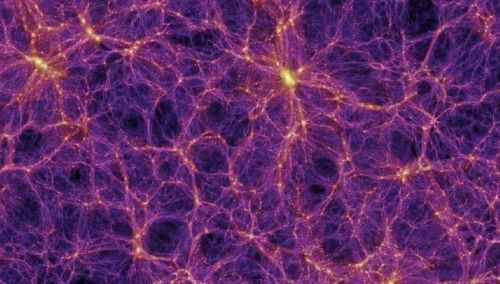Antidepressants, glucocorticoids, and neurogenesis
 This research paves the way for an entirely new class of drugs: Neural steroids.
The first clear evidence of how antidepressant drugs help to boost brain cell formation could lead to better treatments for depression.
The hippocampus is one of just two brain regions known to grow new neurons throughout life - a process called neurogenesis. This process is disrupted in people with depression, although it is not known whether this is a cause or symptom of the condition. It is clear, however, that one of the ways that antidepressants work is by boosting neurogenesis in the hippocampus. Christoph Anacker and his colleagues at King's College London have now worked out how they do so.
Previous research has shown a link between some antidepressants and stress hormones called glucocorticoids. So Anacker's team decided to test whether the antidepressant sertraline acts on the glucocorticoid receptors of brain cells. They grew human hippocampal progenitor cells in a dish and added sertraline. Ten days later, the cultures showed a 25 per cent greater than expected increase in the number of new neurons.
[Thanks Ben!]
|

Recently @ DoseNation
|
|






















[link]
nice pic
The comments posted here do not reflect the views of the owners of this site.